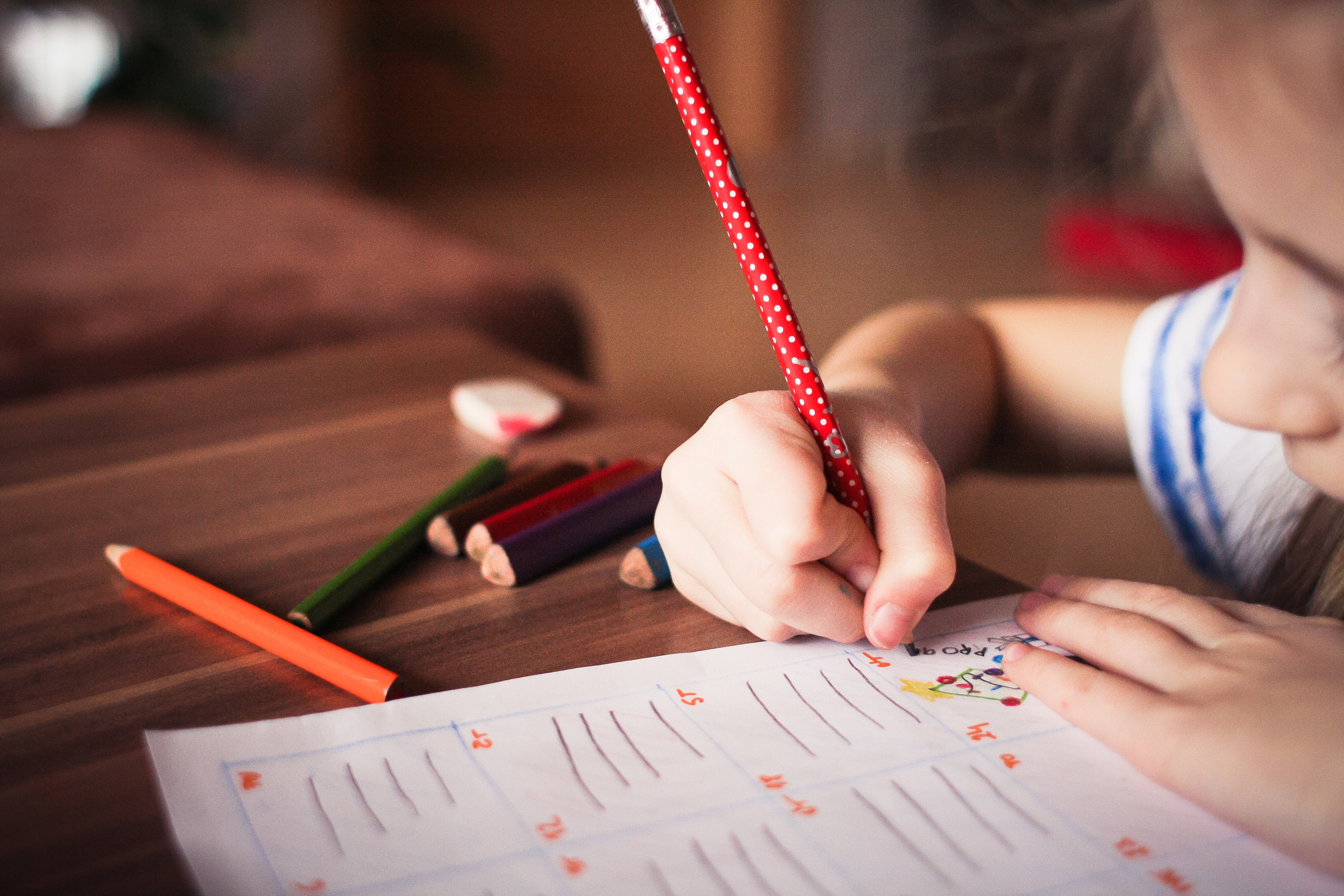12 February 2021
A report presenting the views and experiences of nearly 20,000 children and young people, aged 3 – 18, in the current lockdown in Wales has highlighted the crushing impact of the pandemic on their lives.
The Children’s Commissioner for Wales’ consultation has disclosed that life has been difficult for all age groups:
Frustrations and anger
Strong negative feelings were expressed by many children and young people; they expressed frustration, and sometimes anger, about the impact of the pandemic on their lives. 3 – 7 year olds spoke about missing friends, family members and experiences. From mid-teens on, there were signs of additional distress, potentially compounded by worries about exams and their futures. 30% of 17 and 18 year olds who took part report that they are worried ‘most of the time’.
Loneliness
Loneliness rates are high and not being able to see friends is having the biggest impact on children’s lives, followed by not being able to see other family members and the impact of school and college closures. 14% of children aged 7-11 report that they feel lonely ‘most of the time’, and feelings of loneliness increase with age, peaking at 40% of 17 year olds reporting that they feel lonely ‘most of the time’.
Learning
Over half of young people aged 12-18 enjoy learning at their own pace from home, but many are worried about falling behind with learning – levels of confidence and motivation with education are seen to decrease with age. A large majority of 15-18 year olds are concerned about falling behind, their qualifications and 69% report low motivation to do school work.
Inequalities
Children who often face more barriers to accessing their rights even when there is no global pandemic, have also faced more struggles on average than their peers.
Disabled children and young people are more likely to be worried about coronavirus, more likely to feel sad, more likely to feel unsafe.
Children and young people of Black, Asian and other ethnic minority groups are more likely to feel lonely and less likely to say they feel safe than their peers.
Positives from the pandemic
Despite the worries and concerns that children and young people are reporting, many are also reporting positive experiences, as they did in the last nationwide survey in May 2020, including enjoying spending time at home and receiving good support from schools and youth workers.
Speaking about the findings, Professor Sally Holland, Children’s Commissioner for Wales, said:
“It is obvious from these survey results that, despite the enormous efforts of our schools, colleges, youth workers, social services and health services, the pandemic is having a crushing impact on many young lives. Yet again we have seen that the pandemic has had an unequal impact on children and young people and while many have undoubtedly continued to thrive during this period, others have faced numerous struggles.
“It is understandable that the over-riding priority must be on preventing death and serious illness but these results give a clear road-map for Welsh Government on what needs to be prioritised for children and young people over the next few weeks and months.
“In terms of education, it is clear that children and young people of all ages are missing not only formal learning but also the socialisation and support that school and college has to offer. On their return, while they will need support with academic subjects, first priorities may need to be providing time to talk about their experiences, opportunities to be with friends and to play and also the chance to reflect on and be proud of what they have achieved during the pandemic – from independent learning to supporting others.
“We will all have a role to play – as parents, public services, employers, universities, media and the government – to send clear messages to our children and young people that they are not forgotten, their challenges and achievements during this time are recognised, we are here to support them, and that we will not let them lose out in the longer term.”
The results of the survey have been shared with TAG, Welsh Government’s Technical Advisory Group, in order that the evidence can be assessed alongside other scientific evidence for consideration of how to curb the disruption to children’s lives in a way that is safe to public health. It will also be sent to SAGE, the UK’s Scientific Advisory Group for Emergencies, to provide another dimension to their deliberations on the reopening of schools.
ENDS

